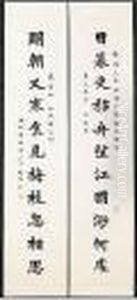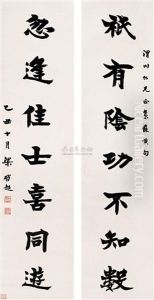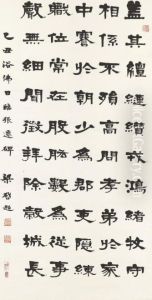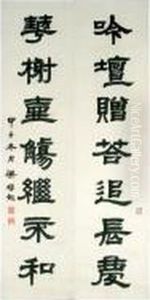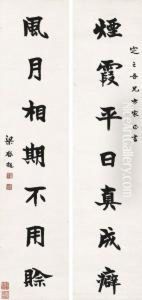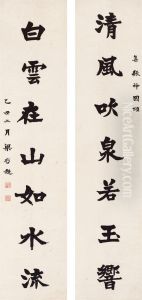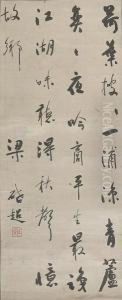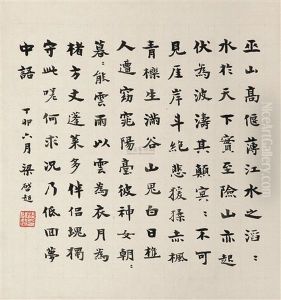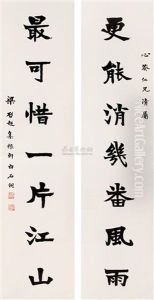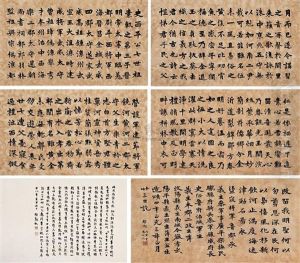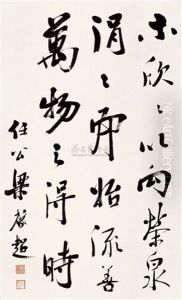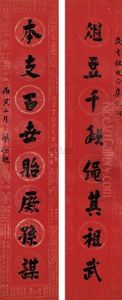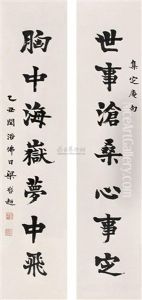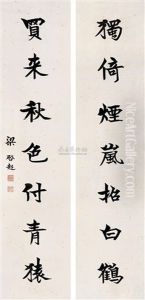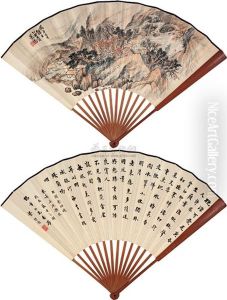Liang Qichao Paintings
Liang Qichao was a prominent Chinese scholar, philosopher, and reformist who played a significant role in the intellectual and political movements of the late Qing Dynasty and early Republican era. Born on February 23, 1873, in Xinhui, Guangdong Province, Liang was deeply influenced by the rich cultural heritage of his homeland as well as the tumultuous period of Chinese history during his lifetime.
Liang's early life was marked by rigorous scholarly pursuits. He passed the Imperial examinations at a young age and was eventually introduced to Kang Youwei, a leading reform-minded scholar. Under Kang's mentorship, Liang became deeply involved in the Hundred Days' Reform of 1898, an ambitious but ultimately failed effort to modernize China's institutions and governance in the face of internal decay and external threats. The failure of this reform led to severe repercussions, and Liang was forced into exile.
During his years in exile, Liang traveled extensively across Japan, Europe, and the United States, absorbing Western political and philosophical ideas. His exposure to these ideas profoundly influenced his thinking, leading him to advocate for constitutional monarchy, civil liberties, and educational reform upon his return to China. He founded several influential newspapers and journals, through which he disseminated his ideas, and played a key role in the intellectual awakening and mobilization of the Chinese population.
In the turbulent years following the fall of the Qing Dynasty in 1911, Liang continued to be an influential figure in Chinese politics, advocating for a balanced approach between traditional Chinese values and Western political and social theories. Despite his initial support for the Republic, he grew increasingly disillusioned with the chaotic political landscape of the time.
Liang Qichao's legacy is profound, spanning the realms of political philosophy, history, and literature. He was not only a pivotal figure in China's transition from imperial rule to a republic but also a prolific writer whose works contributed significantly to the modern Chinese intellectual heritage. His writings, which include essays, historical treatises, and novels, continue to be studied for their insights into China's national identity, reform, and modernization. Liang Qichao passed away on January 19, 1929, but his influence on Chinese thought and reform movements endures.
